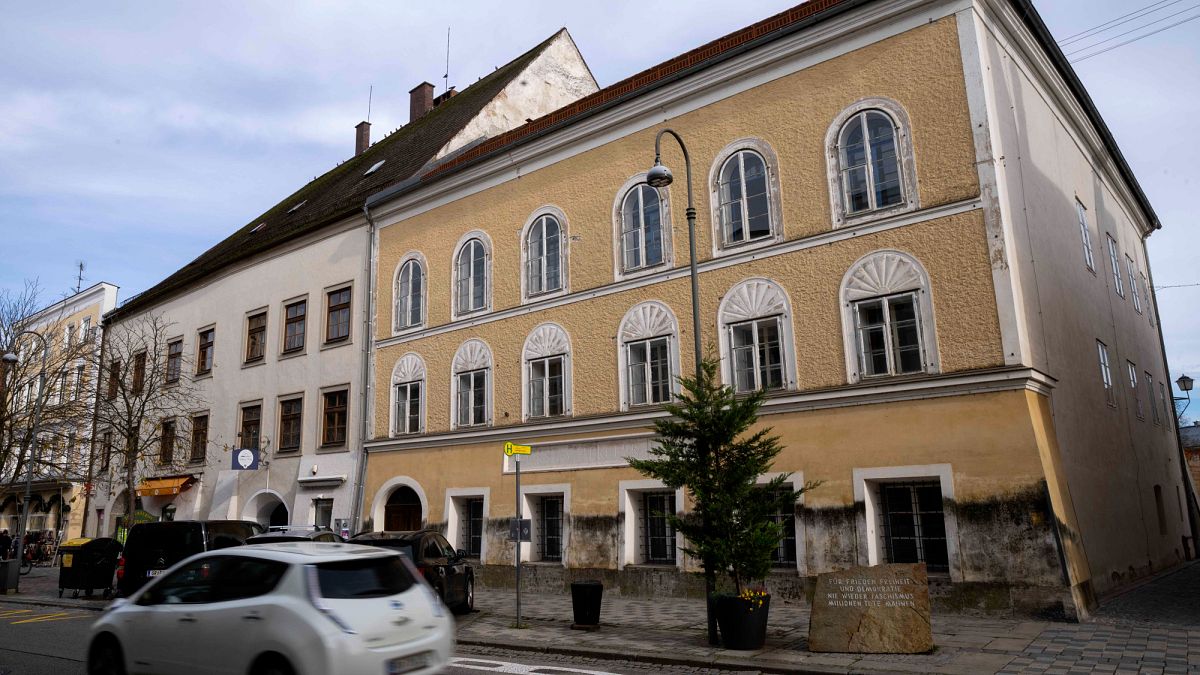

In a world that is constantly evolving, communities and leaders alike are embracing change and taking meaningful steps toward positive transformation. A trio of recent developments across Europe highlights this collective momentum: Austria’s decision to rename streets with historical associations, efforts to preserve equal treatment in workplaces, and a groundbreaking legal ruling affirming the human right to a stable climate.
In the serene town of Braunau am Inn, Adolf Hitler’s birthplace, a symbolic gesture marks a pivot toward a more inclusive future. Authorities have decided to rename two streets named after prominent Nazi party members, composer Josef Reiter and entertainer Franz Resl. This initiative reveals a conscientious commitment to the values of remembrance and healing, underscoring a thoughtful recognition of the past while hopeful for reconciliation and progress. Such changes reflect a quiet yet poignant determination by the community to reshape its heritage responsibly.
Beyond Germany’s border, another significant stride is unfolding within the European Union as countries and members of the European Parliament unite in their endeavors to safeguard equality within the workplace. More than a dozen EU nations and a dedicated parliamentary committee have voiced a collective appeal to the European Commission, urging it not to discard a pivotal bill dedicated to ensuring equal treatment across various spheres. The focus is on gender, race, sexuality, disability, and religion, embodying a shared vision for inclusivity and fairness in professional environments. This concerted effort symbolizes a broader commitment to creating a work culture where diversity and equal rights thrive.
Meanwhile, a landmark ruling from the prestigious Inter-American Court of Human Rights in Costa Rica acknowledges the profound interconnectedness of human dignity and environmental stewardship. The court has affirmed the human right to a stable climate, emphasizing that states carry an intrinsic duty to safeguard this right as they combat climate change’s gravest challenges. This advisory opinion shines a light on the moral and legal imperatives that bind nations to act decisively against environmental degradation. The court particularly highlighted the disproportionate impact of climate change on vulnerable communities, emphasizing the urgent need for equitable solutions and proactive measures to mitigate its adverse effects.
Each of these developments represents a dedicated step towards fostering a world where understanding, equity, and environmental integrity are revered and protected. Together, they echo a harmonious call to action, inviting multiple stakeholders to collaborate constructively for sustained positive change. By drawing on historical lessons, advocating for equality, and honoring our planet’s delicate balance, individuals and societies move closer to realizing a vision of collective well-being and shared prosperity.
Source: {link}
